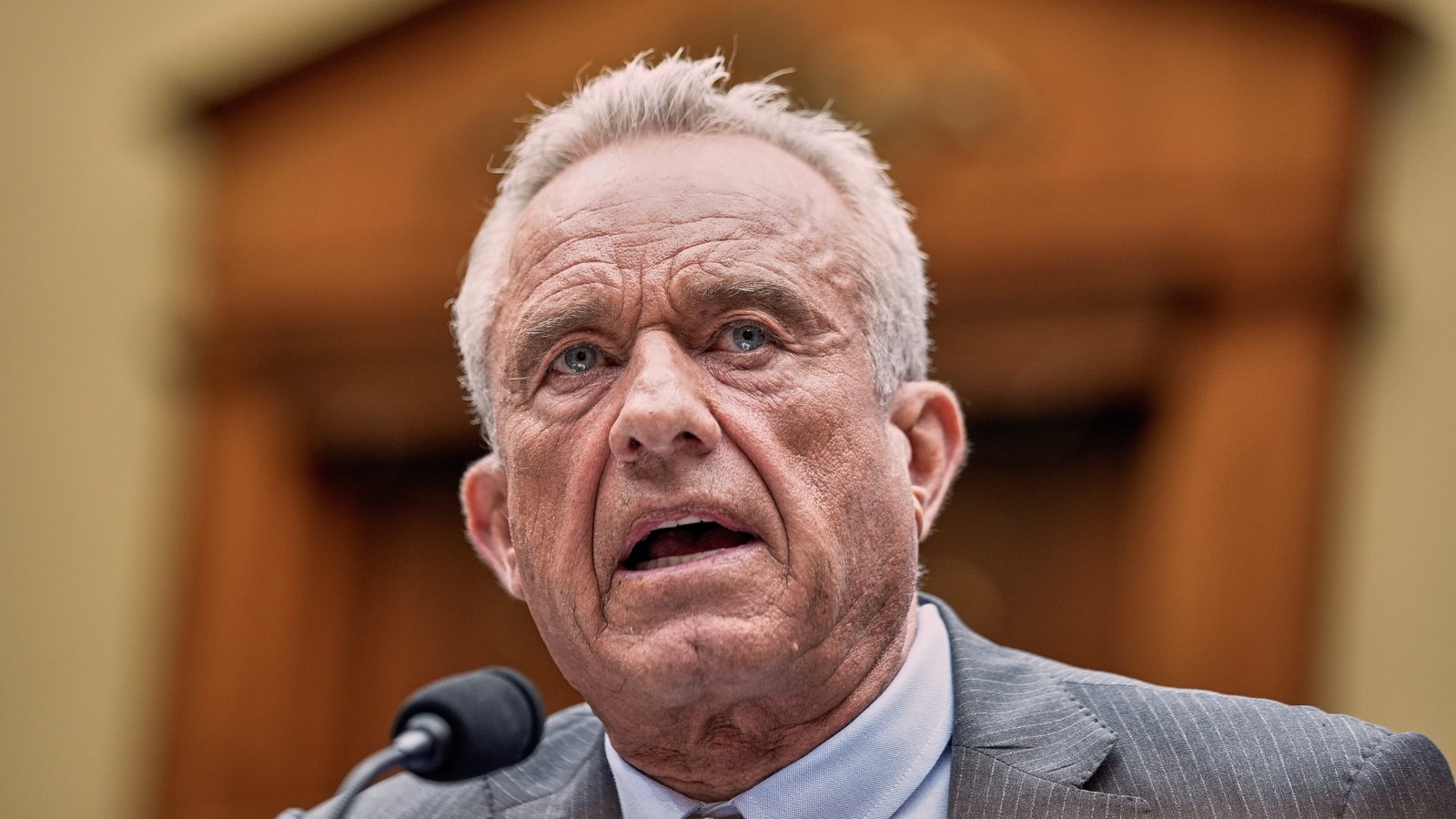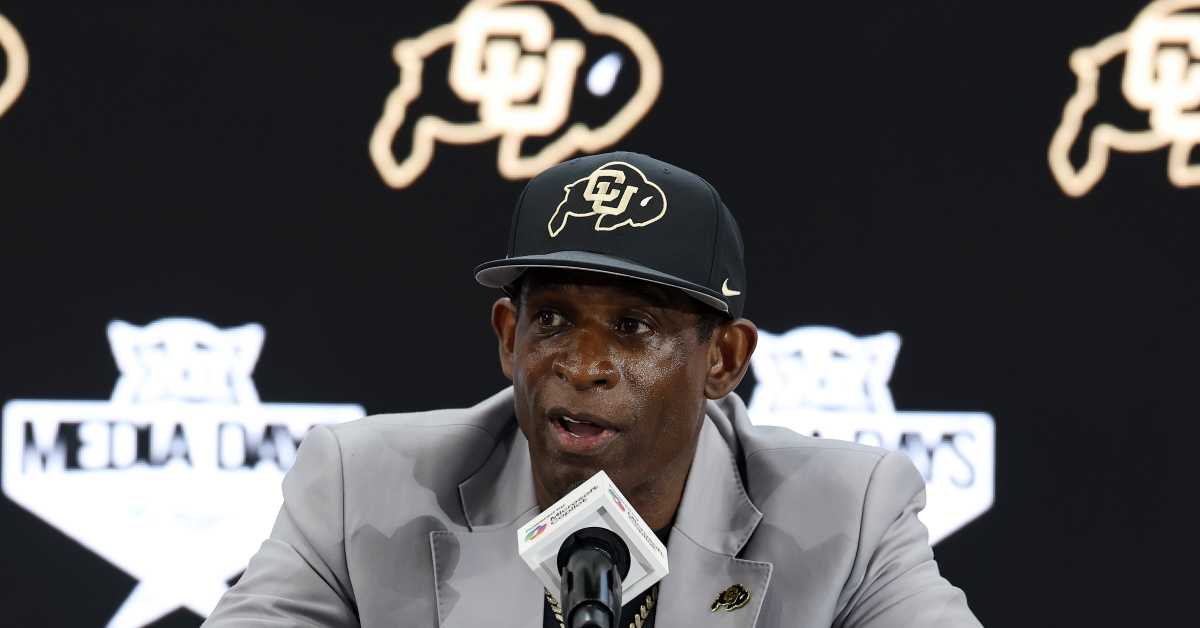RFK Jr. Set to Shake Up Cancer Screening Advice: Plans to Replace 'Woke' Advisory Panel

Robert F. Kennedy Jr., poised to take the helm as Health and Human Services Secretary, is reportedly planning a significant overhaul of the National Prevention Advisory Group (NPAG). Sources indicate Kennedy Jr. intends to replace the entire panel, citing concerns that their recommendations are overly influenced by what he deems “woke” ideologies.
The NPAG plays a crucial role in advising the government on preventive health services, including vital cancer screenings and other proactive measures aimed at improving public health outcomes. Their recommendations often inform policy decisions and impact healthcare guidelines across the nation.
Why the Change? Kennedy Jr.'s Concerns
Kennedy Jr.’s criticism centers around the panel's approach to preventative care. He believes their recommendations have strayed from a purely scientific and evidence-based foundation, incorporating what he perceives as politically motivated or socially driven considerations. This perspective has drawn significant attention and sparked debate within the healthcare community.
While Kennedy Jr. hasn't explicitly detailed the specific recommendations he finds objectionable, his comments suggest a desire for a more streamlined and, in his view, less politically influenced approach to preventative health guidelines. He reportedly wants a panel that focuses solely on data and proven clinical outcomes, rather than incorporating broader social or cultural factors.
What's Next for Cancer Screening Recommendations?
The potential replacement of the NPAG raises questions about the future of cancer screening recommendations. Will new guidelines emerge? Will the emphasis shift towards different screening methods or age ranges? These are questions that are currently being discussed.
Experts in the field have expressed a range of reactions to Kennedy Jr.'s plans. Some argue that a fresh perspective could be beneficial, while others caution against discarding the expertise of the current panel and potentially jeopardizing evidence-based recommendations. The importance of maintaining scientifically sound guidelines for cancer prevention cannot be overstated, and any changes must prioritize public health.
The Broader Implications
Kennedy Jr.’s actions are not just about cancer screening; they represent a broader ideological shift within the Health and Human Services Department. His appointment and subsequent plans signal a move away from what he perceives as progressive policies and towards a more conservative approach to healthcare.
The impact of these changes remains to be seen, but it is clear that Robert F. Kennedy Jr. intends to make his mark on the nation's healthcare landscape. The debate surrounding the role of ideology in public health policy is likely to continue as these developments unfold.
Disclaimer: This article is based on reports from credible news sources and is intended for informational purposes only. It does not constitute medical advice.






